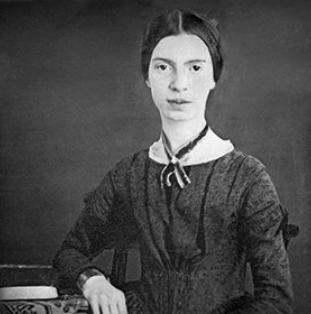 May 07, 1812 – December 12, 1889
May 07, 1812 – December 12, 1889
Robert Browning was one of the leading poets and writers in Victorian England. Specializing in long-form poems and dramatic monologues, Browning directly influenced generations of writers ranging from Oscar Wilde to Ezra Pound to Stephen King. In addition to poems like The Pied Piper of Hamelin, My Last Duchess and Porphyria’s Lover, he also wrote a number of plays and songs. 1869’s verse novel The Ring and the Book was his most successful and lucrative work during his lifetime and earned him international acclaim.








